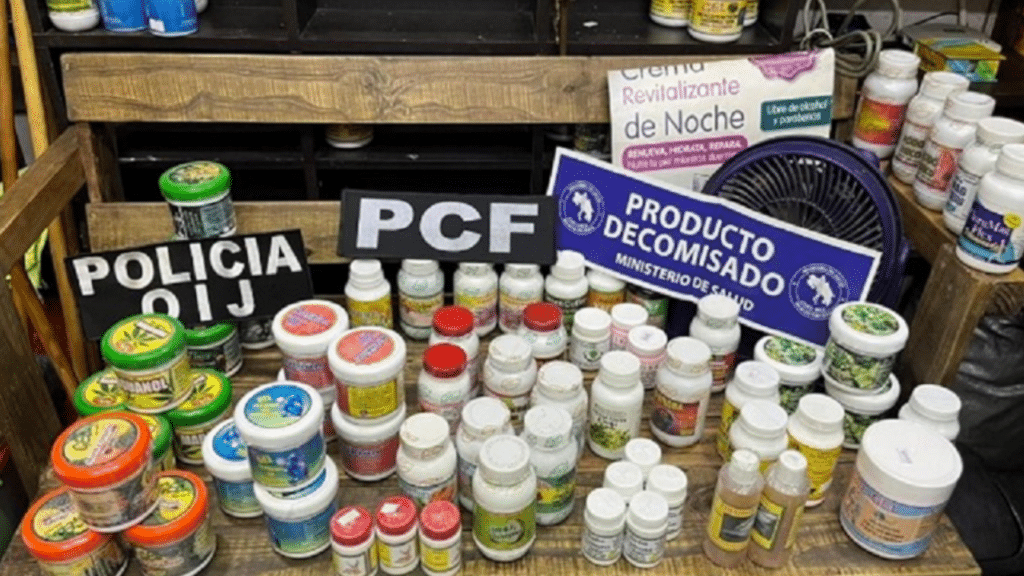The results of a major operation to crack down on illicit medicines across 89 countries have been announced recently, with INTERPOL confirming that great progress has been made.
The annual campaign targets illicit medicines that pose a significant threat to consumer safety, including counterfeit medicines and medicines diverted from legal and regulated supply chains. They also represent a major source of income for transnational organized crime groups and support other crime activity.
Operation Pangea XVI, which ran from 3-10 October, has led to 72 arrests worldwide, the seizure of potentially dangerous pharmaceuticals worth more than USD 7 million, 325 new investigations and the closure of more than 1,300 criminal websites.
Erectile dysfunction medications continue to be the most seized medicine globally, accounting for 22 per cent of seizures during the operation. Psychotherapeutic agents such as antidepressants, anti-anxiety medicines and stimulants were a close second at 19 per cent, followed by sex hormones and gastrointestinal medicines at 12 per cent respectively.
Additional seizures included:
- In Mozambique, authorities seized 9,000 bottles of suspected counterfeit cough syrups, after discovering contradictions between product labels and official documents.
- Australian authorities seized some 11,000 COVID-19 irregular test kits, demonstrating continued criminal exploitation of the pandemic.
- Customs officers in Qatar seized 2,500 prescription painkillers hidden in cereal boxes, from a passenger flying in from Bangladesh.
- Some 13,000 counterfeit and/or expired pain medicines were confiscated during searches at a bus depot between Peru and Ecuador.
“Counterfeit medicines and the misuse of regulated medication is a significant threat to public safety around the world,” said Jürgen Stock, INTERPOL Secretary General. “Operation Pangea XVI removed a large amount of illegal and potentially life-threatening products off the streets and dismantled criminal networks trafficking such goods.
“The operation underlines the continuing need for a coordinated and global response against the threat posed by illicit medicines and transnational organised crime groups.”
INTERPOL continues to support member countries as further analysis and investigations are carried out.
Throughout the operation, additional support was provided by Europol, the World Customs Organisation, the World Health Organisation, the United Nations Office on Drugs and Crime, the International Narcotics Control Board, national health regulatory agencies and the Pharmaceutical Security Institute.





